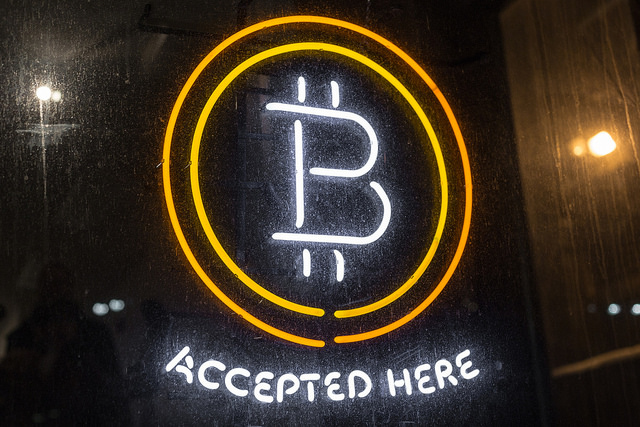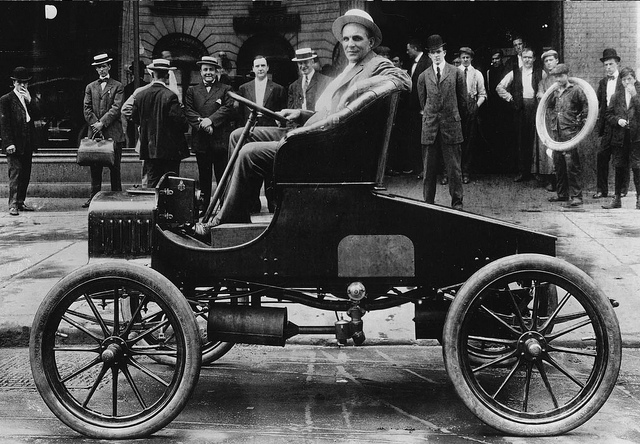The Case for Competing Currencies
The wider revolution in crypto-currency, however, does share an important similarity with Hayek’s vision in that it’s a field wide open to competition. The proliferation of alt-coins (digitial Bitcoin alternatives) underscores just how easy it is to enter the fray.
But what if cryptocurrencies are just the beginning of a sea change in how humans create, use, and regulate money? If currencies like Bitcoin eventually change general perceptions about what money is and where it comes from, there might someday be room for the privately issued, actively managed money depicted by Hayek.
While it’s possible a private bank might take up the role of money issuer in some favorable regulatory future, it seems more likely that a company like Apple, Google, or Facebook would take up the cause – a private money issuer would have to be considered trustworthy, after all. All three of these companies are experimenting with mobile payments and enjoy excellent brand recognition as well as consumer confidence. They also enjoy another advantage that existing commercial banks simply don’t have.
If an Apple, Google, or Facebook were to issue their own brand of money, it would almost certainly have to make that money redeemable in its own goods and services. In effect, the money would be backed by the value of the company’s production.
Tencent’s accidental launch of Q Coins in China as a black market currency illustrates just how easy it might be to create private money-government prohibitions notwithstanding.
In Denationalisation, Hayek wrote that if anything resembling his vision were to come about, it would probably happen in a way he had no chance of accurately predicting-and on that count, he was definitely right.
We, however, may be in similar position to the one he occupied almost forty years ago. If Bitcoin succeeds, it will completely alter the way human beings relate to the creation and management of money; the future that’s set to unfold over the next four decades is probably even more unpredictable to us than our present day was to F.A. Hayek.
There is no reason why more competition and choice in money markets can’t deliver the same kind of benefits that more competition and choice have delivered in product markets: greater stability, greater choice, and ultimately better outcomes.
Even if it means giving up some of their powers, governments should be taking the emergence of digital currencies seriously. The current monetary policies are responsible for enabling the governments to amass even more power. Keynesian spending policies and ideology and the abolishment of the gold standard have permitted the governments to depreciate currencies.
That is why we are excited about the arrival of Bitcoins, Litecoins and other forms of cryptocurrencies – we have the opportunity to consider what the future of money without government control might look like.







